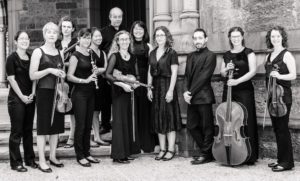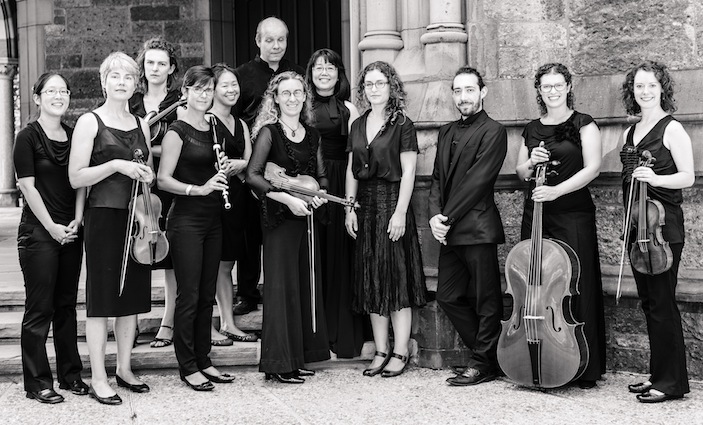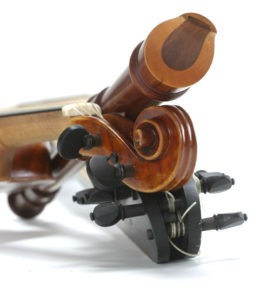
Capitol Early Music is pleased to welcome Les Bostonades to its first appearance in the Washington area. This flexibly sized period instrument ensemble, based in Boston, brings four members to perform an array of obbligato sonatas, trio sonatas and quartets from the French and German Baroque. Two members of the ensemble are familiar to Capitol Early Music audiences: Héloïse Degrugillier (recorder and traverso) performed with Three Part Fugue in October 2014 and Laura Gulley (violin) with Renaissonics this past April. They are joined by colleagues Carol Lewis (viola da gamba) and Akiko Sato (harpsichord). Read more


